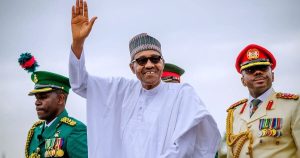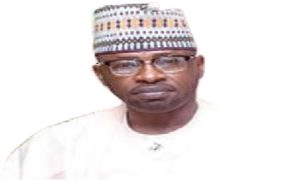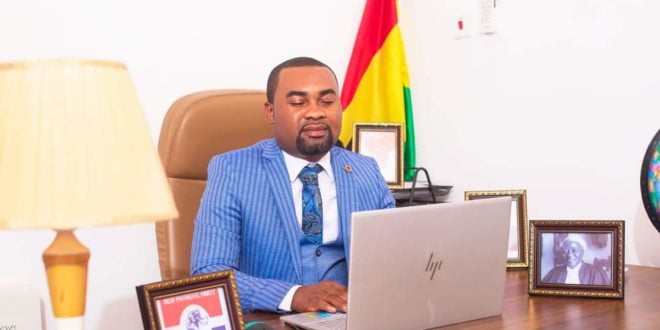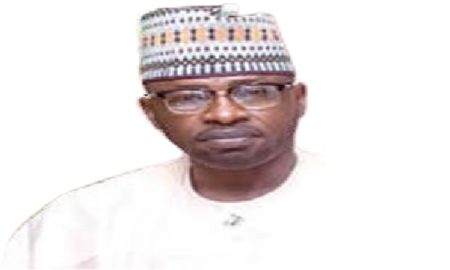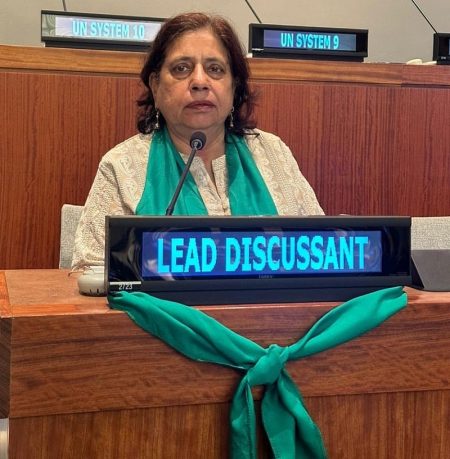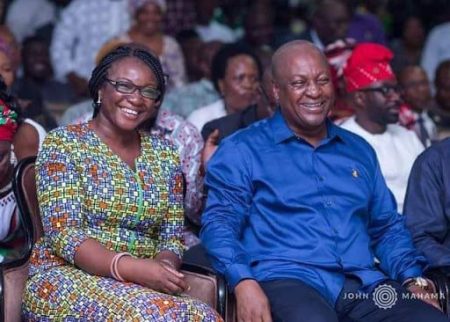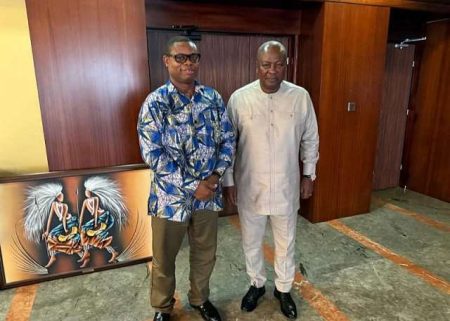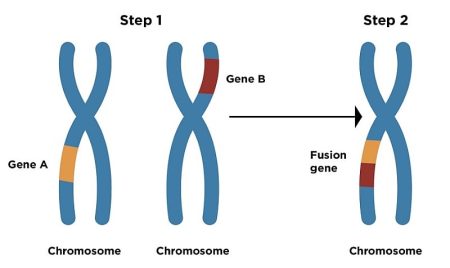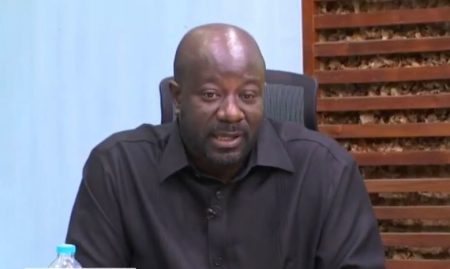Dr. Razak Kojo Opoku’s call for a leadership “substitution” within the New Patriotic Party (NPP) has ignited a fresh wave of internal debate and speculation regarding the party’s future direction. His statement, strategically released following the NPP’s 2024 electoral defeat, argues for a significant shift in the party’s hierarchy, advocating for the replacement of existing leadership with fresh faces capable of revitalizing the party’s image and regaining lost ground. This call comes at a particularly vulnerable moment for the NPP, as the party grapples with the aftermath of its electoral setback and searches for a coherent strategy to rebuild and regain public confidence. Dr. Opoku’s proposition, while not explicitly naming individuals, carries clear implications: the party, he suggests, must be willing to move beyond past leadership figures and embrace new, potentially more effective leaders. This has sparked discussions surrounding internal party dynamics, democratic processes, and the very future of the NPP.
The crux of Dr. Opoku’s argument hinges on the concept of “overtaking,” a term used within the NPP to describe the process through which a new candidate challenges and potentially replaces an incumbent or established leader. He draws a parallel between the party’s acceptance of “overtaking” in the 2024 flagbearer contest and the current need for “substitution.” By invoking this precedent, he suggests that the NPP should embrace a similar change in leadership as a necessary corrective measure following the 2024 defeat. He contends that if the party allowed for internal challenges and changes in the past, it should be equally open to a more radical shift now, especially considering the significant political setback it has experienced. This argument touches upon the core principles of internal party democracy and the need for adaptability in the face of changing political landscapes.
The timing of Dr. Opoku’s statement is particularly noteworthy. Released in the immediate aftermath of the NPP’s electoral loss, it capitalizes on the prevailing sense of uncertainty and the ongoing internal discussions regarding the party’s future. This timing suggests a strategic move to influence the direction of these discussions and to position the Bryan Acheampong for President 2028 campaign, of which Dr. Opoku is a staunch supporter, as a leading force in the party’s rebuilding efforts. By injecting the idea of “substitution” into the post-election discourse, Dr. Opoku aims to shape the narrative surrounding leadership succession and to potentially pave the way for Mr. Acheampong’s ascendancy.
The implications of Dr. Opoku’s statement extend beyond the immediate context of leadership succession. His call for “substitution” also touches upon broader questions about the party’s ideology, its electoral strategy, and its relationship with the electorate. The 2024 defeat has undoubtedly prompted introspection within the NPP, forcing the party to examine its core values and its approach to governance. Dr. Opoku’s statement contributes to this introspection by suggesting that a change in leadership is not merely a matter of personalities but rather a fundamental shift in direction. This raises questions about the party’s platform, its policy priorities, and its ability to resonate with the evolving needs and aspirations of the Ghanaian electorate.
The reaction to Dr. Opoku’s statement within the NPP and the broader political landscape has been varied. While some may view his call for “substitution” as a necessary and timely intervention, others may interpret it as a divisive move that could further destabilize the party. The NPP is already facing internal challenges and differing opinions regarding the path forward. Dr. Opoku’s intervention adds another layer of complexity to these internal dynamics, potentially exacerbating existing tensions and creating new divisions within the party. How the NPP navigates these internal challenges and manages the diverse range of opinions will significantly impact its ability to rebuild and present a united front in future elections.
Ultimately, the fate of Dr. Opoku’s call for “substitution” remains uncertain. The NPP is at a crossroads, grappling with the aftermath of defeat and searching for a path to rejuvenation. Whether the party embraces the concept of “substitution” as readily as it embraced “overtaking” in the past will depend on a variety of factors, including the internal power dynamics, the influence of various factions within the party, and the prevailing sentiment among the party’s rank and file. The decision to embrace or reject this call will have profound implications for the NPP’s future trajectory, its ability to regain electoral competitiveness, and its long-term viability as a major political force in Ghana. The coming months and years will be crucial for the NPP as it navigates this complex and potentially transformative period in its history.


